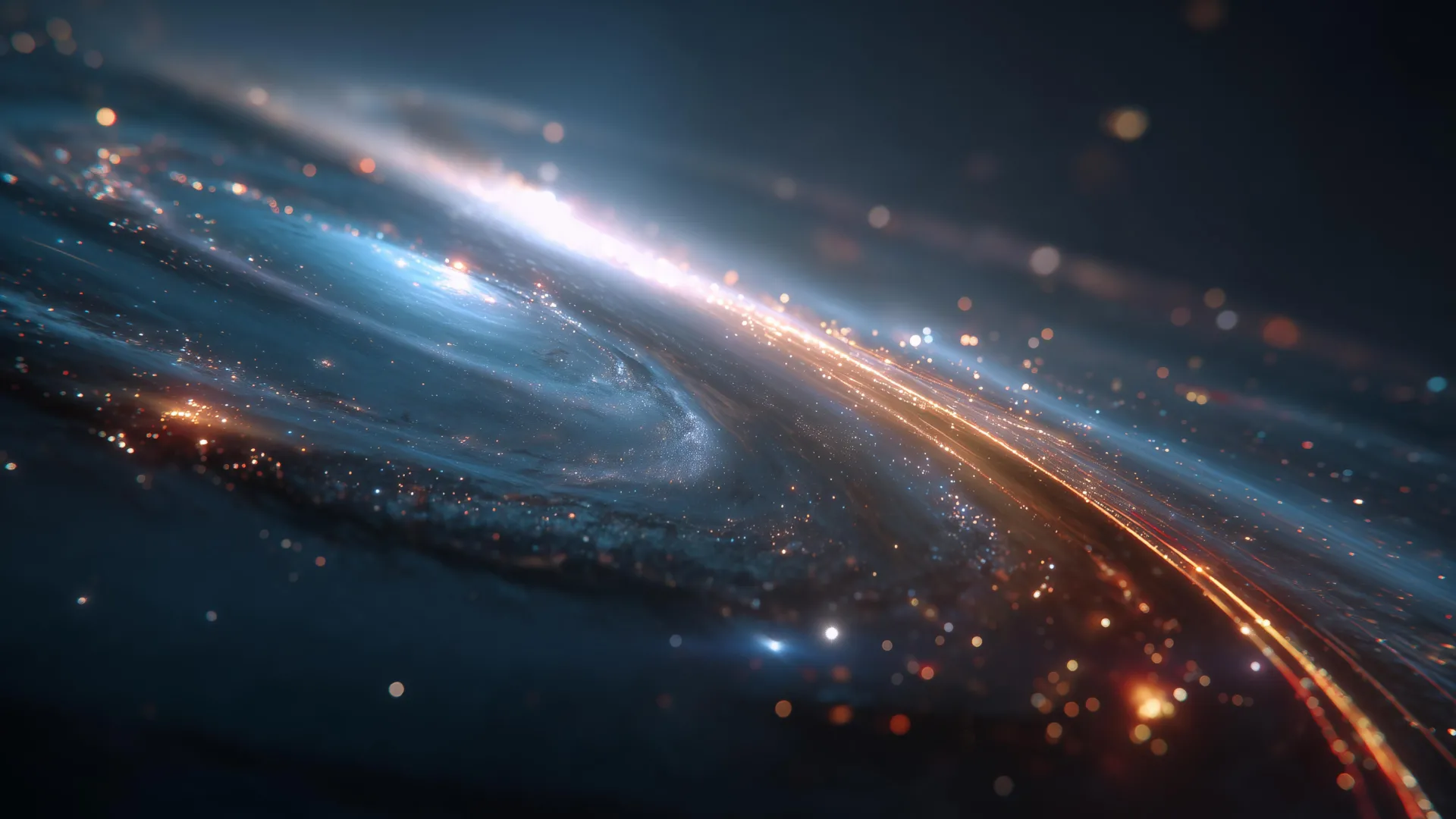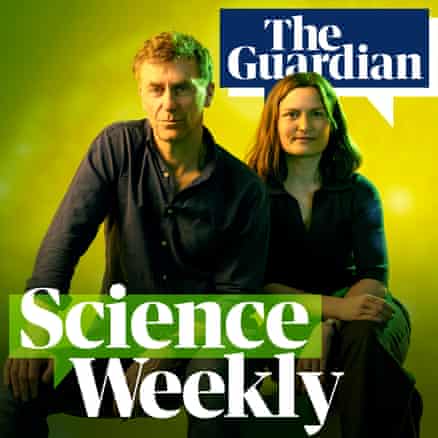A recent study has raised significant questions about the long-held belief that the universe is expanding at an accelerating rate. Published on November 6, 2025, in the *Monthly Notices of the Royal Astronomical Society*, the research indicates that the expansion of the universe may actually be slowing down, suggesting that dark energy, the mysterious force behind cosmic acceleration, could be weakening.
The findings challenge a fundamental concept in modern cosmology, which has posited for nearly three decades that dark energy is driving galaxies apart with increasing speed. Lead researcher Professor Young-Wook Lee from Yonsei University in South Korea stated, “Our study shows that the universe has already entered a phase of decelerated expansion at the present epoch and that dark energy evolves with time much more rapidly than previously thought.” If substantiated, these results could lead to a major shift in the scientific understanding of dark energy and potentially resolve the ongoing “Hubble tension,” which concerns discrepancies in measurements of the universe’s expansion rate.
The traditional model of the expanding universe relies heavily on observations of distant type Ia supernovae, which have been used as “standard candles” for estimating cosmic distances. The initial conclusion that the universe’s expansion was accelerating earned the Nobel Prize in Physics in 2011. However, the new research from Yonsei University suggests a different narrative.
The study identified an age-related bias in type Ia supernovae. The researchers found that these supernovae, long deemed reliable markers for measuring cosmic distances, are influenced by the age of the stars that produce them. After analyzing data from 300 host galaxies, the team discovered that supernovae originating from younger stars appeared fainter than those from older stars, demonstrating a statistically significant confidence level of 99.999%. This implies that the dimming previously attributed to cosmic acceleration may instead stem from variations in stellar populations.
When the researchers adjusted their model to account for this age effect, the supernova data no longer aligned with the standard ΛCDM model, which assumes a consistent form of dark energy. Instead, the corrected data aligned more closely with a newer model associated with the Dark Energy Spectroscopic Instrument (DESI) project. This alternative model, which incorporates data from baryonic acoustic oscillations (BAO) and the cosmic microwave background (CMB), indicates that dark energy is not constant but rather changes over time.
As a result of these adjustments, the researchers concluded that the universe has transitioned into a phase of decelerated expansion, contradicting previous models that suggested it was still accelerating. Professor Lee elaborated, “In the DESI project, key results were obtained by combining uncorrected supernova data with BAO measurements, leading to the conclusion that while the universe will decelerate in the future, it is still accelerating at present. Our analysis, which applies the age-bias correction, shows that the universe has already entered a decelerating phase today.”
To further validate their findings, the team is conducting what they call an “evolution-free test,” focusing solely on supernovae from young, coeval galaxies. Early results from this test already support their main conclusion. Chul Chung, a research professor and co-lead author of the study, noted that with advancements from the Vera C. Rubin Observatory, which is equipped with the world’s most powerful digital camera, researchers expect to gain deeper insights into this phenomenon. The observatory, located in the Andes mountains of Chile, began its scientific operations this year and is anticipated to significantly enhance our understanding of both the solar system and the broader universe.
Historically, the universe began expanding rapidly after the Big Bang roughly 13.8 billion years ago. Initially, gravity slowed this expansion. However, around nine billion years post-Big Bang, astronomers discovered the expansion had begun to accelerate, a phenomenon attributed to dark energy, which constitutes about 70 percent of the universe.
Despite extensive research, the nature of dark energy remains one of the most perplexing challenges in contemporary science. Recent data from DESI hinted at potential changes in dark energy’s influence over time, a notion that is now gaining traction alongside the latest findings from Yonsei University. With advanced observational tools like DESI and the Vera C. Rubin Observatory, astronomers are hopeful that they will finally elucidate the true nature of dark energy and its role in shaping the universe’s fate.







